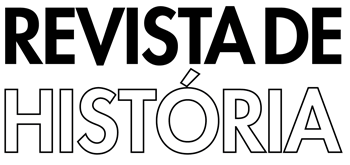Abstract
Brazil registered its lowest records of post-independence electoral participation thus far, for nearly half a century, between the years of 1881 and 1930. This article highlights the fact that such low records were not the consequence of constitutional clauses alone, which impeded the vote of women and illiterates. Throughout the period under consideration, the Brazilian parliament enacted electoral reforms that hampered voter registration for citizens who were eligible to vote anteriorly. The enactment of the three reforms happened during a time of electorate expansion and so led to the stagnation of small cycles of eligibility growth. The hindrances to access political rights exacerbated by these mechanisms affected mainly the poor and former slaves. The impact of such reforms on the electorate will be argued throughout the text.
Keywords:
Democracy; Citizenship; Political Rights; Post-abolition; Elections

 Thumbnail
Thumbnail
 Thumbnail
Thumbnail
 Thumbnail
Thumbnail
 Fonte: AMORIM NETO, LAMOUNIER, 2005;
Fonte: AMORIM NETO, LAMOUNIER, 2005;  Fontes: Arquivo Histórico Municipal da Fundação Gregório de Mattos, em Salvador – BA. Fundo Especial / Eleitorais.
Fontes: Arquivo Histórico Municipal da Fundação Gregório de Mattos, em Salvador – BA. Fundo Especial / Eleitorais.
 “É chegado o momento de todo brasileiro cumprir o seu dever.”
“É chegado o momento de todo brasileiro cumprir o seu dever.”